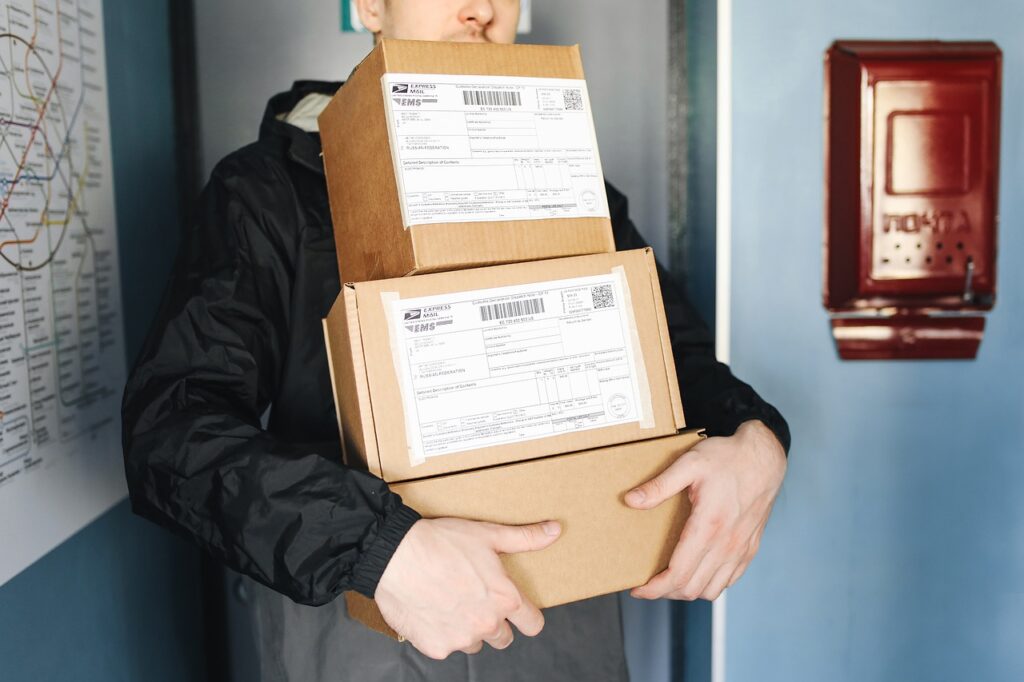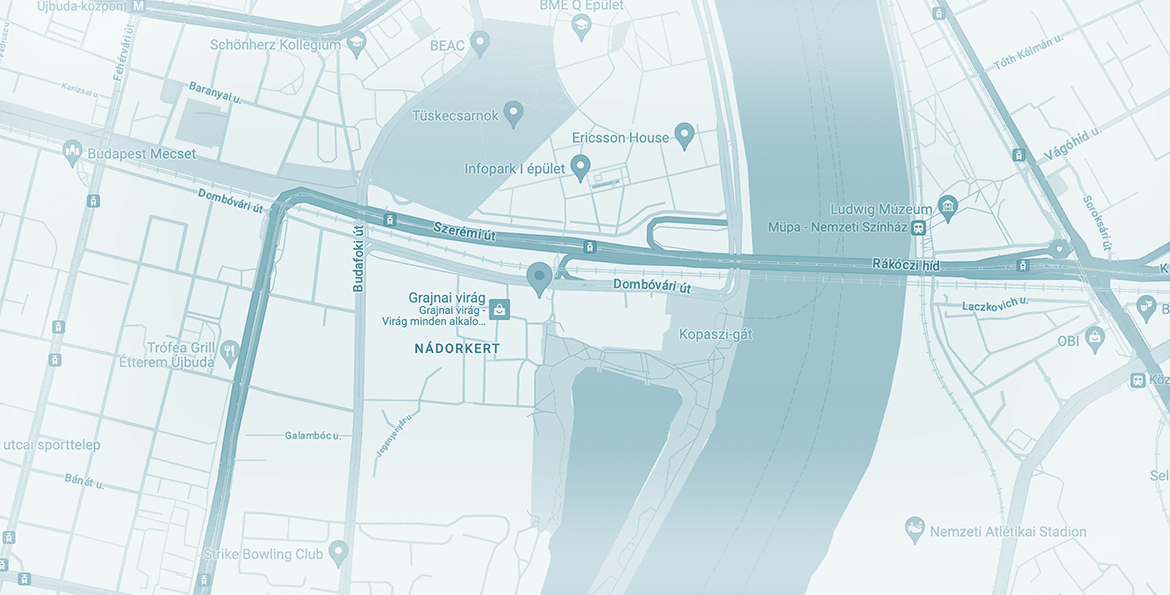
Non-EU shipping regulations: VAT and customs duty
Although most of our clients operate in Hungary to be able to trade within the European Union, shipments from outside the EU are important to many of them. If you are shipping from a non-EU country, where and when to pay VAT and customs duty becomes a crucial factor in calculating costs. Planning to purchase something from a third country? Learn about the shipping regulations first.
Although most of our clients operate in Hungary to be able to trade within the European Union, shipments from outside the EU are important to many of them. If you are shipping from a non-EU country, where and when to pay VAT and customs duty becomes a crucial factor in calculating costs. Planning to purchase something from a third country? Learn about the shipping regulations first.
Shipping regulations if you are the customer
In the European Union, the value added tax and customs duty applicable to your imports may differ based on where the shipments are coming from. If an individual is buying goods from a company registered in the EU, customs duty will apply, but the customer will need to pay the VAT applicable in their country. If, however, a company with a valid EU VAT number is buying goods from another EU company, VAT will not apply. (You can check the validity of EU VAT numbers by clicking here.)
Non-EU countries are subject to different shipping regulations. If you (either as an individual or a company) are buying goods from a company whose registered seat is outside the European Union, you will need to pay the VAT and customs duty applicable at the point of entry to the EU (click here to read about the changes to value added tax and customs duty from July 2021). However, you can deduct the VAT when filing your tax returns. Please note that if your company is buying services, not goods within the EU, you will need to pay the VAT applicable in the country of your own registered seat: this is called reverse charge.
Paying VAT if you are the transporter
The shipping regulations applicable to customers are quite simple, but what happens if you are transporting the goods and not purchasing them? As a general rule, import services are free of VAT if the shipment fee is included in the tax base of the imported goods. According to Act CXXVII of 2007 on value added tax, the tax base of imported goods is equal to their customs valuation. The tax exemption includes commissions of agents as well as the cost of packaging, transportation, and insurance until the first place of destination in the European Union, or until the second if that is also known at the time of the customs check. This also applies to subcontractors, although it should be verifiable throughout the transportation process that the cost of shipping was included in the tax base of the goods. You can only reclaim VAT in Hungary if the customs check was conducted here. Please note that you can only issue invoices without value added tax at your own risk. This is because VAT makes up a substantial part of the income of any state, therefore there is continuously high attention from regulators on such transactions. In line with this, VAT exemption can be disputed during a check by the National Tax and Customs Administration (NAV). These checks can happen any time and unannounced.
Need help? Contact us!
Non-EU shipping regulations are straightforward if you are the recipient. Although they become more complicated if you are the shipper, a good accountant can help you a great deal with calculating and paying value added tax and customs duty.
You can reach the English-speaking experts of Helpers Finance by calling our office on +36 (1) 317-8570, by e-mailing info@helpersfinance.hu or by filling in our contact form. You can learn more about our accounting services here. If you would like to be notified about our future blog posts, like us on Facebook.
Contact
Get in touch today
Monday - Friday
9am - 5pm CET
Helpers Finance Kft.
Budapart Gate
Dombóvári út 27
Budapest 1117, Hungary
If you’re visiting us, please use entrance A and come to the 2nd floor.



